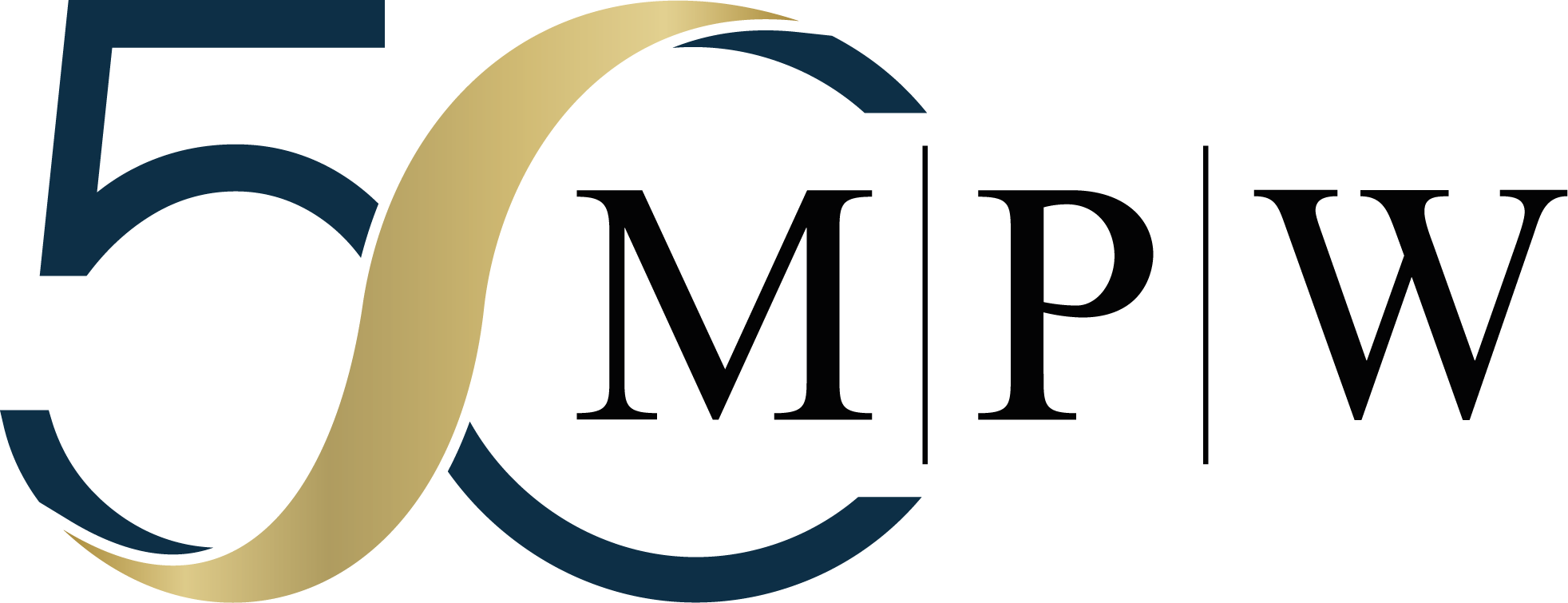GCSE English Language
Easter Revision Course Dates 2024
- Week 1: Monday 25 March – Friday 29 March
- Week 2: Monday 1 April – Friday 5 April
- Week 3: Monday 8 April – Friday 12 April
(Good Friday is 29 March; Easter Monday is 1 April 2024)
Boards
Suitable for all boards
Length of Course
5 half-day sessions or quarter-day sessions
Times
9am to 12.30pm and/or 1.30pm to 5pm daily
This course provides help with skills useful for GCSE English Language exams and is suitable for Year 11 students sitting English Language GCSE with AQA, Edexcel, Eduqas or OCR. These are examinations that will be graded on the 9-1 scale. The course is split into 2 x 1.5-hour sessions per day: Responses to Reading and Writing. Students may attend either session or both sessions. Students attending only one session are charged at a pro rata rate.
Both sessions will draw on examples of exercises which will be taken from a variety of examination papers and explore different types of exam question, including an explanation of the different sections of the papers. There will also be a focus on exam technique and timing and what examiners are looking for in relationship to the different assessment objectives.
Responses to Reading
Responding to different types of unseen texts:
- Literary prose fiction (19th c and modern), eg extracts from novels and short stories
- Non-fiction (19th c and modern), eg extracts from newspapers and magazines
- Literary non-fiction (19th c and modern), eg speeches, autobiography, travel writing
Skills covered:
- Information retrieval
- Summarising ideas from one or more texts
- Interpreting impressions and viewpoints
- Explaining the writer’s attitude
- Analysing the writer’s methods
- Writing about language and structure
- Writing about narrative technique
- Comparing texts
The sessions aim to enable students to:
- Identify and interpret explicit and implicit information and ideas. Select and synthesise evidence from different texts.
- Explain, comment on and analyse how writers use language and structure to achieve effects and influence readers, using relevant subject terminology to support their views.
- Compare writers’ ideas and perspectives, as well as how these are conveyed, across two or more texts.
- Evaluate texts critically and support this with appropriate textual references.
Writing
Different types of writing covered:
- Non-fiction or transactional writing
- Personal or imaginative writing
Skills covered:
- Planning writing responses
- Interpreting writing questions: identifying audience, purpose and form
- Different types of non-fiction writing (eg explain, inform, argue, persuade)
- Different forms of non-fiction writing (eg letters, speeches, articles)
- Narrative / recount writing
- Writing to describe
- Sentence structure and variety
- Whole text structure and cohesion
- Proofreading for spelling, punctuation and grammar
The sessions aim to enable students to:
- Communicate clearly, effectively and imaginatively, selecting and adapting tone, style and register for different forms, purposes and audiences.
- Organise information and ideas, using structural and grammatical features to support coherence and cohesion of texts.
- Use a range of vocabulary and sentence structures for clarity, purpose and effect, with accurate spelling and punctuation.
Discover more at MPW
Success Stories
In their own words - testimonials from our past students and their parents.
Inspection Reports
MPW Cambridge was judged as Outstanding in all areas by Ofsted.

